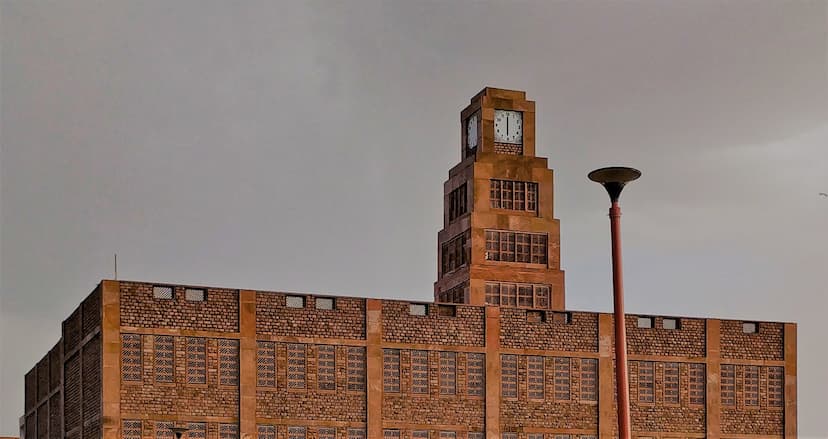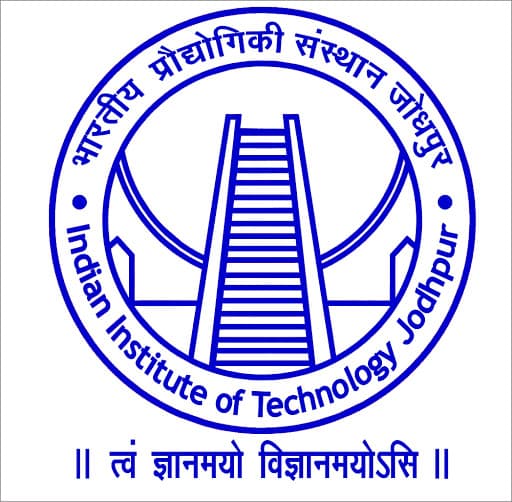IIT Jodhpur launches Thar DESIGNS to conserve Thar Desert

IIT Jodhpur launches Thar DESIGNS – IIT Jodhpur has launched Thar Desert Ecosystem Sciences Guided by Nature and Selection (DESIGN) to restore Thar desert, its minerals and medicines and its flora and fauna by carrying out ecosystem phenomics through transdisciplinary framework of Medical, Engineering, Environmental and Life Sciences.
Thar is a hot desert, unique to the Indian subcontinent and is characterized by high maximum temperature with large diurnal variations, scanty rainfall, extreme aridity, and intense UV radiations, say sources from IIT Jodhpur.

Read more – top 20 colleges in India for Geology

The impact of loss of natural deserts is immense as these habitats are rich in flora and fauna as well as minerals and medicines that nurture and maintain different life forms on earth, say sources from IIT Jodhpur.
Often considered as wastelands, deserts are crucial for stabilization of climate. Any shift in climate change or anthropogenic activity can lead to maladaptation’s for organisms who live at the ebb of physiological extremes, loss of diversity through extirpations and ultimately an ecosystem collapse.

Also read ‘Know the top engineering, medical, law, management, arts and science colleges in NIRF 2021 ranking‘
This threatens the lives and livelihood of the native inhabitants, say sources from IIT Jodhpur. To address this, the Jodhpur City Knowledge and Innovation Cluster (JCKIC) has under one umbrella brought together organizations from the Engineering, Space research, Medical, Agricultural, Zoological and Forestry that have carried out focused efforts in tackling diverse aspects of the Thar desert.
IIT Jodhpur launches Thar DESIGNS – This collaboration includes unique projects that address the complex and networked issues of the desert in an integrative framework, say sources from IIT Jodhpur. Professor Mitali Mukherji spoke about Thar Designs.

Professor Mitali is head of Bioscience and Bioengineering Department at IIT Jodhpur.
Thar DESIGNS aim to disseminate knowledge and encourage participation through a citizen science approach and inculcate design thinking across the entire collaborative network, said Professor Mitali of IIT Jodhpur.

Researchers would also integrate computer vision and machine learning along with domain knowledge to infer links between environment, phenotype and genotype at geo-spatio temporal scales and identify signatures of Thar DESIGNS for early actionable intervention strategies, say sources from IIT Jodhpur.

Also Read – AIIMS Mangalagiri announces recruitment
IIT Jodhpur launches Thar DESIGNS
This knowledge generation will result in providing a ‘Desert Ecosystem Knowledge Grid’ that could foster the cycle of engineering- research-development-commercialization.
This data grid will be helpful in finding solutions for management of diseases common and endemic to desert regions, novel bioprospecting opportunities and innovative bio-inspired engineering designs, say sources from IIT Jodhpur.
It could also help evolve unique strategies for ecological conservation and restoration that ensures sustained livelihood for its inhabitants.
Thar DESIGNS is also likely to propel the growth of new industry and capacity building for next-generation tech-savvy social and eco-entrepreneurs.

About IIT Jodhpur
IIT Jodhpur was established in 2008, to foster technology education and research in India.
IIT Jodhpur is committed to technological thought and action to benefit the economic development of India.
Scholarship in teaching and learning, scholarship in research and creative accomplishments and relevance to Industry are three driving forces at IIT Jodhpur.
Also Read – Top 15 colleges in Jharkhand
IIT Jodhpur functions from its sprawling residential Permanent Campus of 852 acres on National Highway 65, North-Northwest of Jodhpur towards Nagaur.
This campus is meticulously planned and envisioned to stand as a symbol of academics. A large parcel of the Permanent Campus (of about 182 acres) is set aside for the development of a Technology Park to strengthen institute-industry interactions.

Hence, it has established state-of-the-art laboratories for basic research and has organized its academic degree activities through Departments and its coordinated research through Centers for Technologies.






